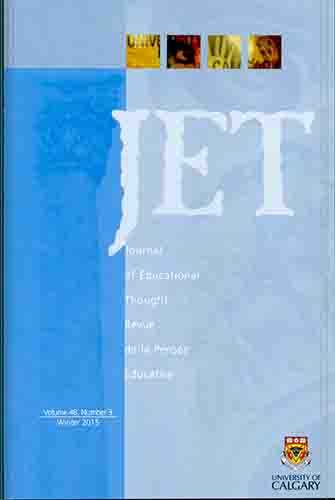John Dewey and the No Child Left Behind Act (NCLB): What Would He Say?
DOI:
https://doi.org/10.55016/ojs/jet.v48i3.44246Abstract
Using John Dewey's writings and hypothetical thinking, this paper presents a critical review of the No Child Left Behind Act (NCLB) and its implication for reform. It begins with Dewey's early work and includes his greatest success at Arthurdale WV in the l 930's. The importance of constructivist thinking is juxtaposition among the reformist views of today's assessment driven policy to qualify for funding. Like Dewey, the author argues for experiential learning
to make connections in real life situations presented through school opportunities. In trying to highlight transparency, closing failing schools, bringing equanimty, raising standards, and improving curriculum, the No Child Left Behind Act (NCLB) produced a culture of assessment without its accompanying experiential component. Learning best occurs when the experience connects with other aspects, so transfer of the knowledge becomes easily retrievable.
Downloads
Published
Issue
Section
License
The Journal of Educational Thought retains first publication rights for all articles. The Journal grants reproduction rights for noncommercial educational purposes with the provision that full acknowledgement of the work’s source be noted on each copy. The Journal will redirect to the appropriate authors any inquiries for further commercial publication of individual articles. All authors wishing to publish in JET will be asked to fill in and sign a Consent to Publish and Transfer of Copyright agreement.
Authors must affirm that any submission to JET has not been and will not be published or submitted elsewhere while under considration by JET.

